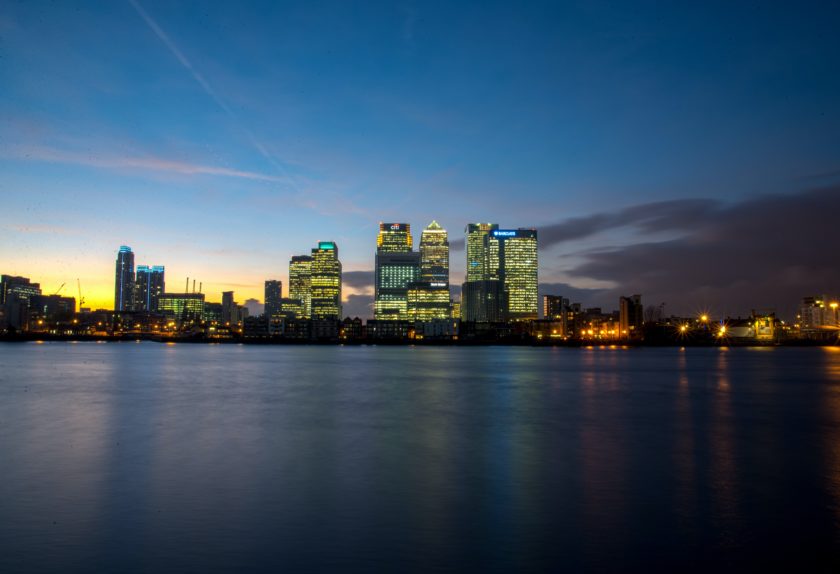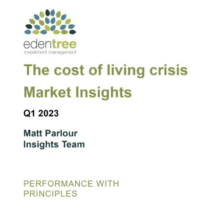Inflation is unlikely to pose a threat to equity performance despite soaring to its highest level in 30 years, say investment experts.
The consumer price index rose to 5.4% in December, its highest rate since the 1990s as food, transport, furniture and household services jumped.
While the figure came in higher than analyst expectations, investment experts said a modestly inflationary environment will not hamper equity growth.
Ben Ritchie, manager of Dunedin Income Growth, commented: “Historic data suggests that sustained high periods of inflation are not helpful for overall equity market returns. That said, at the company level there is the interplay between revenues and costs and for those companies able to move prices ahead of their costs then that can bring significant benefits.
“Provided inflation does not run too high for too long, a modestly inflationary environment is generally an easier one to run a business than one of zero inflation or deflationary dynamics.”
Sue Noffke, manager of Schroder Income Growth, said: “Inflation continues to be front of mind. However, we don’t see inflation posing a systemic risk for markets and specifically, equities can still perform well in a modestly inflationary environment especially when they are supported by solid corporate earnings.
“There are companies whose business models will potentially benefit from rising inflation and this is where companies with true pricing power come into their own. These could include recipients of infrastructure-related spend such as diversified mining companies.”
According to Mark Hume, co-manager of BlackRock Energy and Resources Income Trust, natural resources equities have performed particularly well.
Hume explained: “Unlike broader equity markets and bonds, commodity prices are typically positively correlated with inflation expectations. On top of inflationary pressures, we expect mined commodities to be supported by increased fiscal spending on infrastructure in 2022 as well as demand from lower carbon technologies like electric vehicles.”
The rise in inflation has stoked debate that central banks will look to raise interest rates which could impact economic recovery but experts expect banks to act cautiously.
Andrew Bell, manager of Witan Investment Trust, commented: “Rising rates are intended as a signal by central banks that they are determined to curb inflation, but it seems unlikely they will rise very far. This would risk a recession that central banks are keen to avoid as societies recover from the pandemic.”
Bell continued: “Inflation [is] at a higher level than the 1% to 2% of recent decades. This is likely to mean gradual interest rate rises from current crisis levels but even 2% to 3% rates would be negative in inflation-adjusted terms.
“The high levels of national debt assumed to combat the pandemic give governments a strong motivation to keep interest rates on the debt low. So while predictions are always hazardous, it seems likely that rates will go up but not enough to stifle the recovery.”
Ritchie added: “Provided the economy remains robust and corporate earnings are delivered, then on its own a rising interest rate environment should not be an impediment to decent equity market returns.”


































